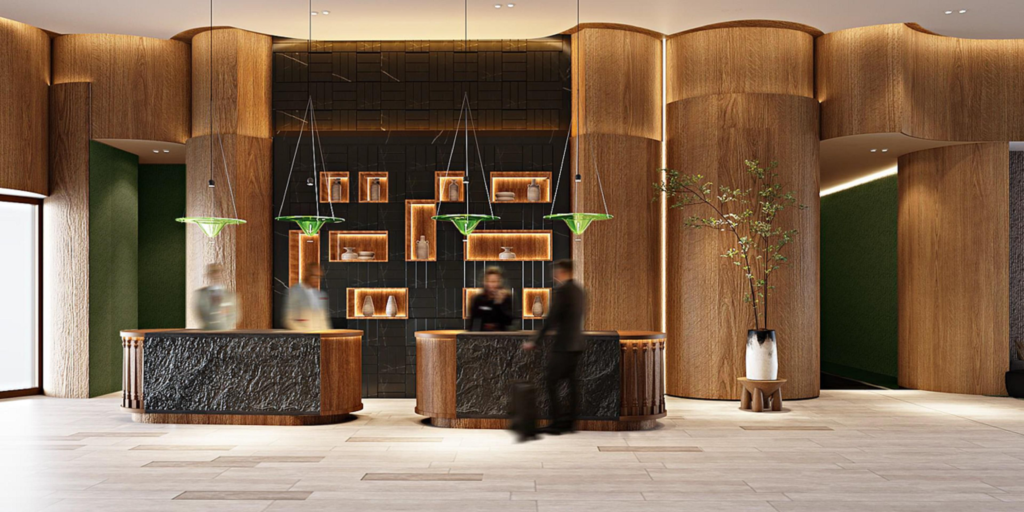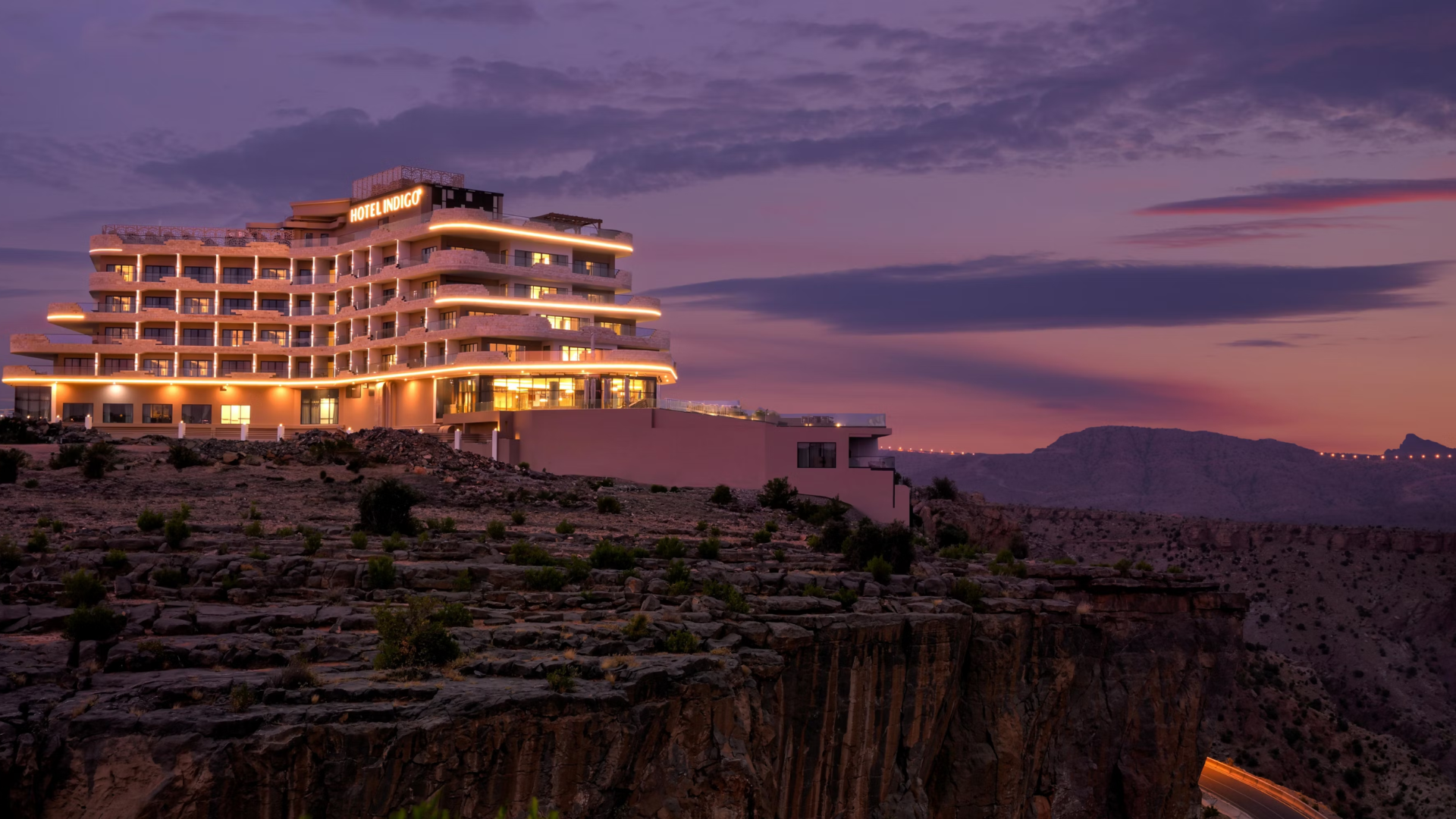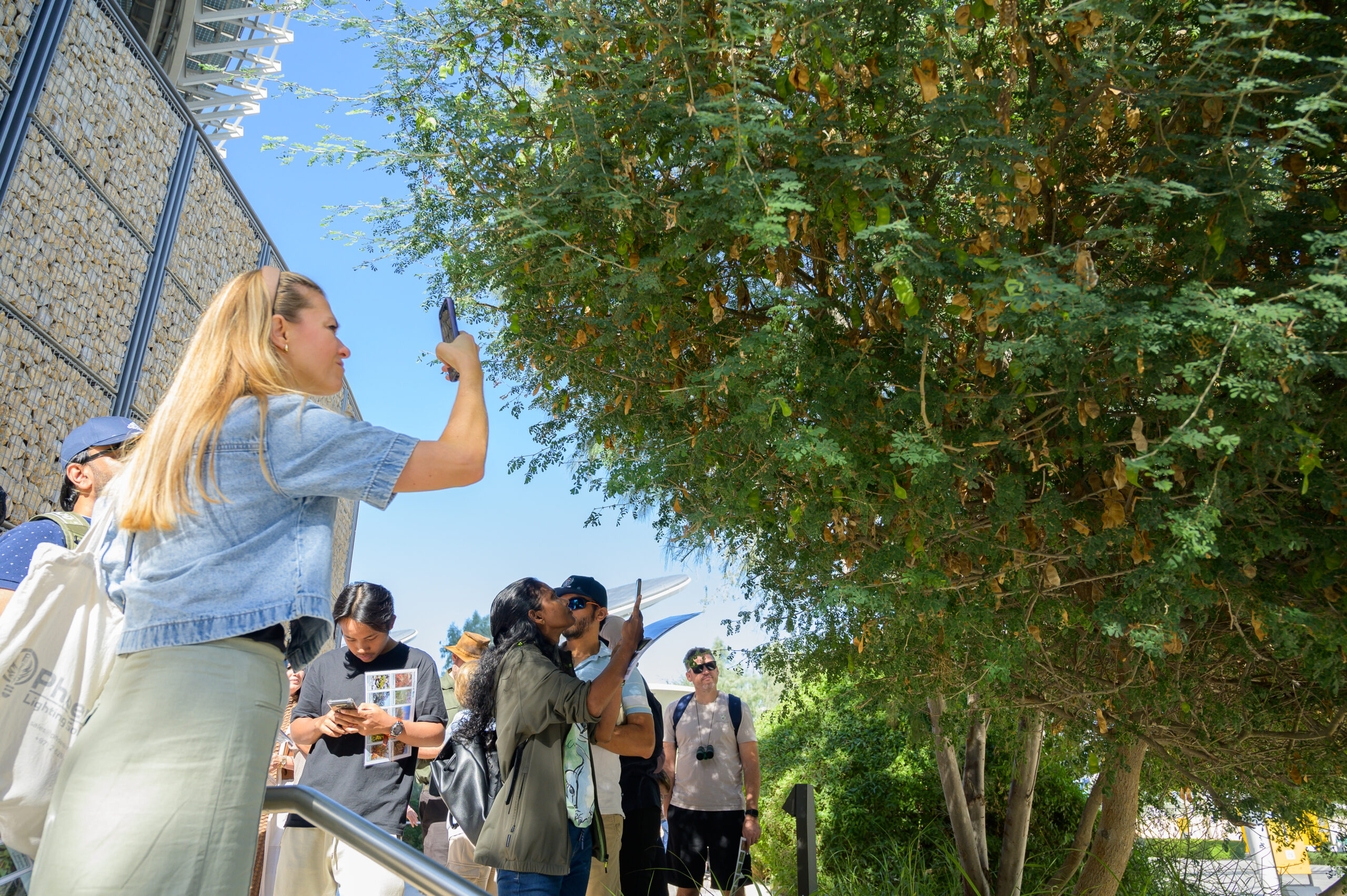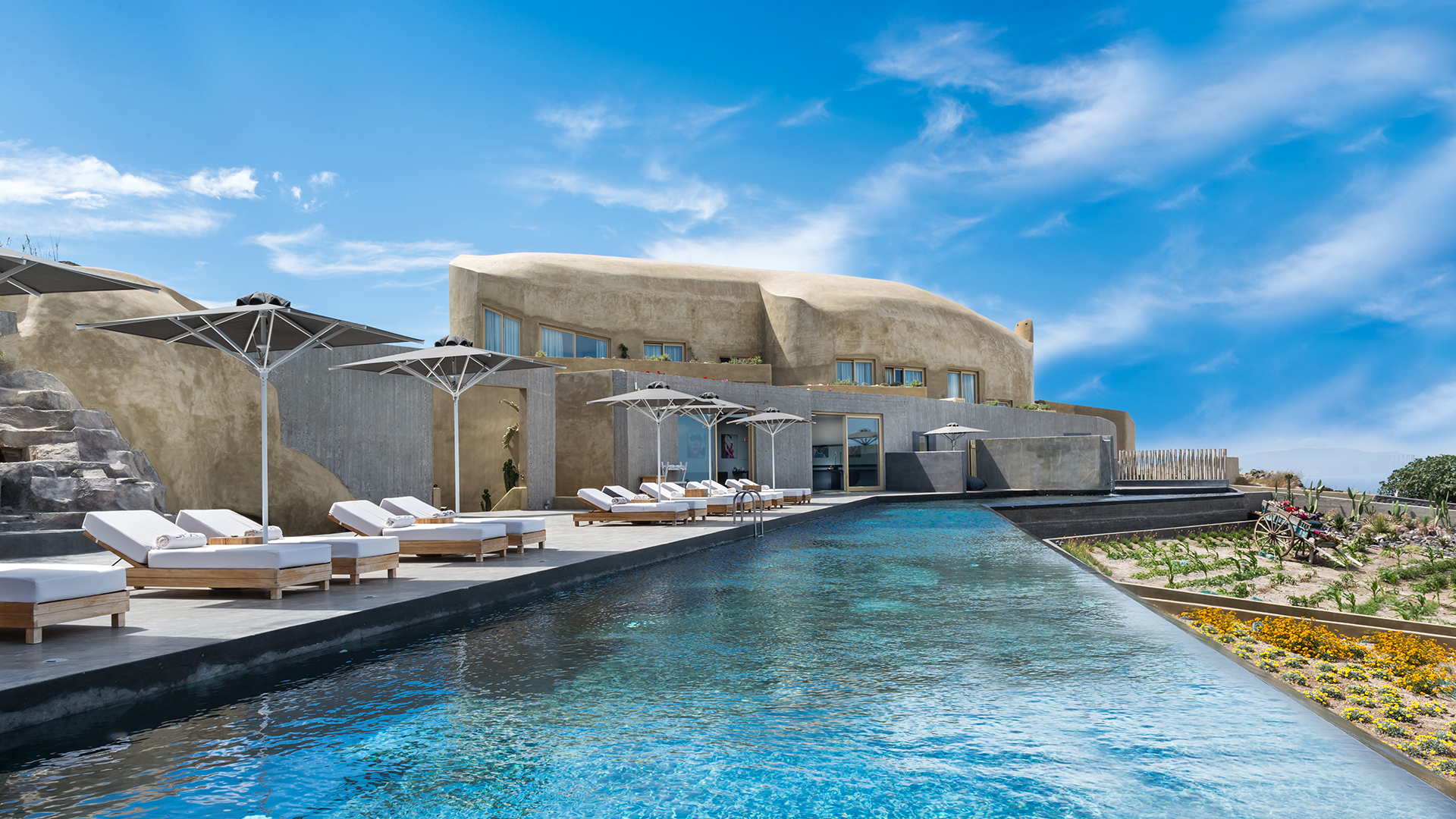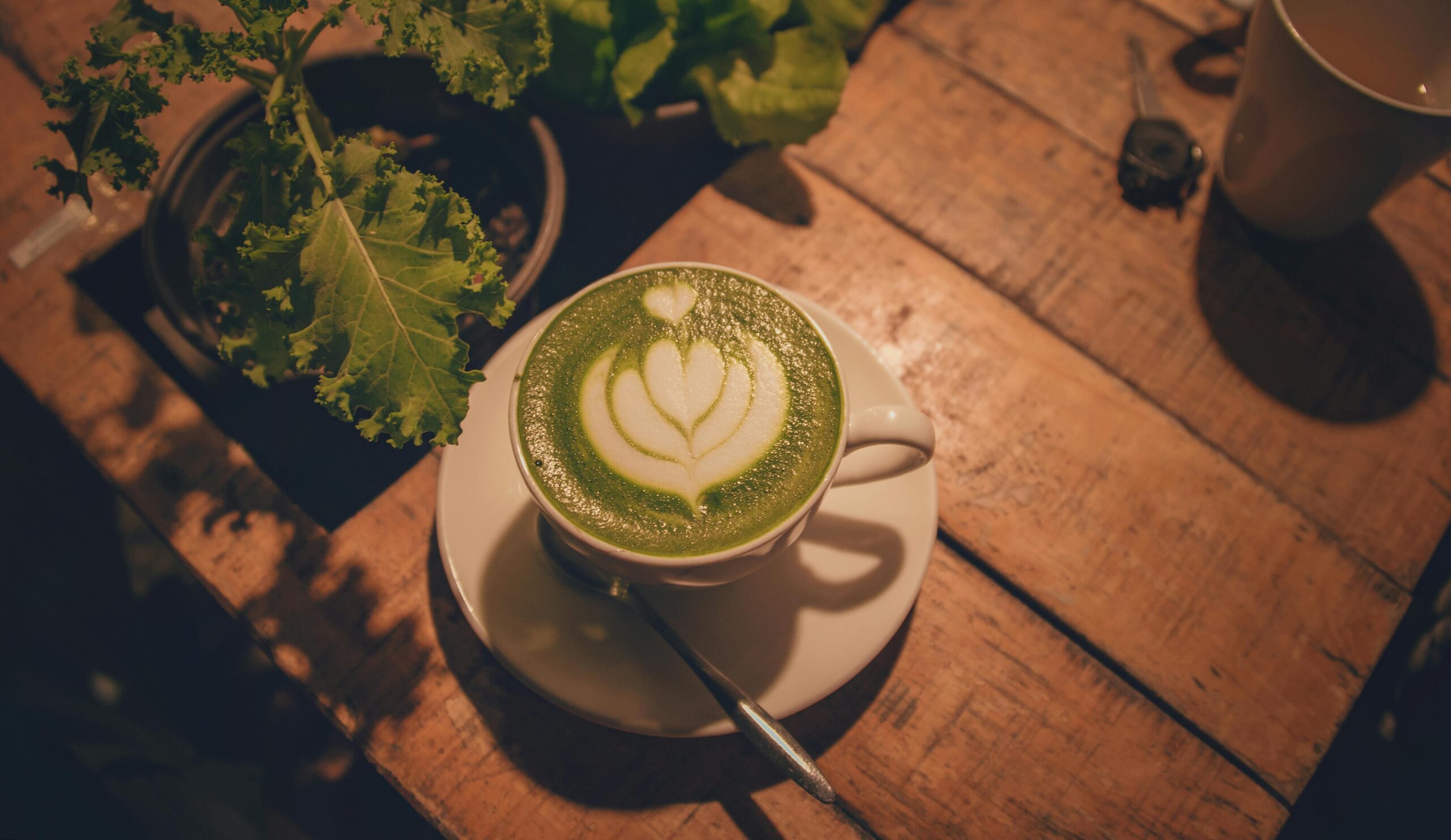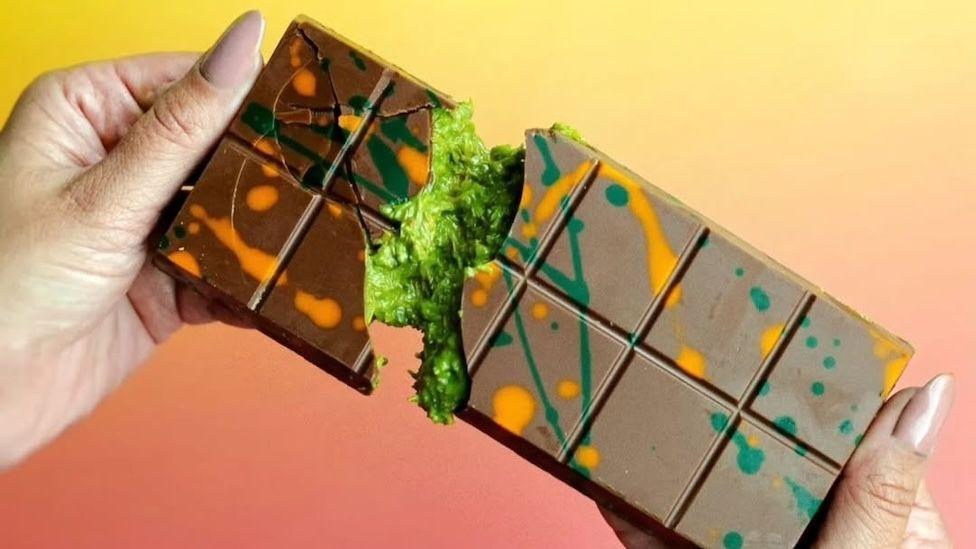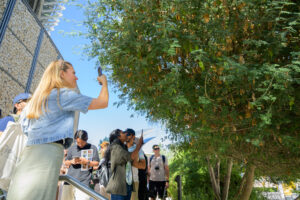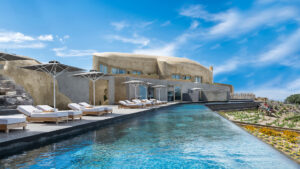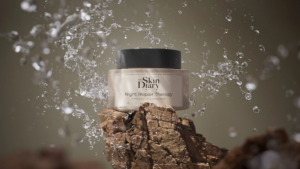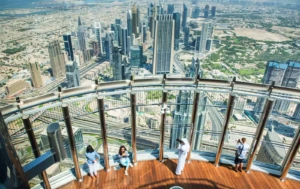In this exclusive interview, The Zenith Magazine sat down with James Reeves, the General Manager of Hotel Indigo Jabal Akhdar Resort & Spa, to explore his journey in hospitality and uncover the inspiration behind this stunning new property. With over 30 years of experience in the luxury hotel industry, Reeves offers insights into the meticulous design process, local influences, and the challenges of shaping a one-of-a-kind resort in Oman’s breathtaking Green Mountain region. He also discusses his commitment to sustainability and the importance of creating a space that immerses guests in the rich cultural heritage of Jabal Akhdar.
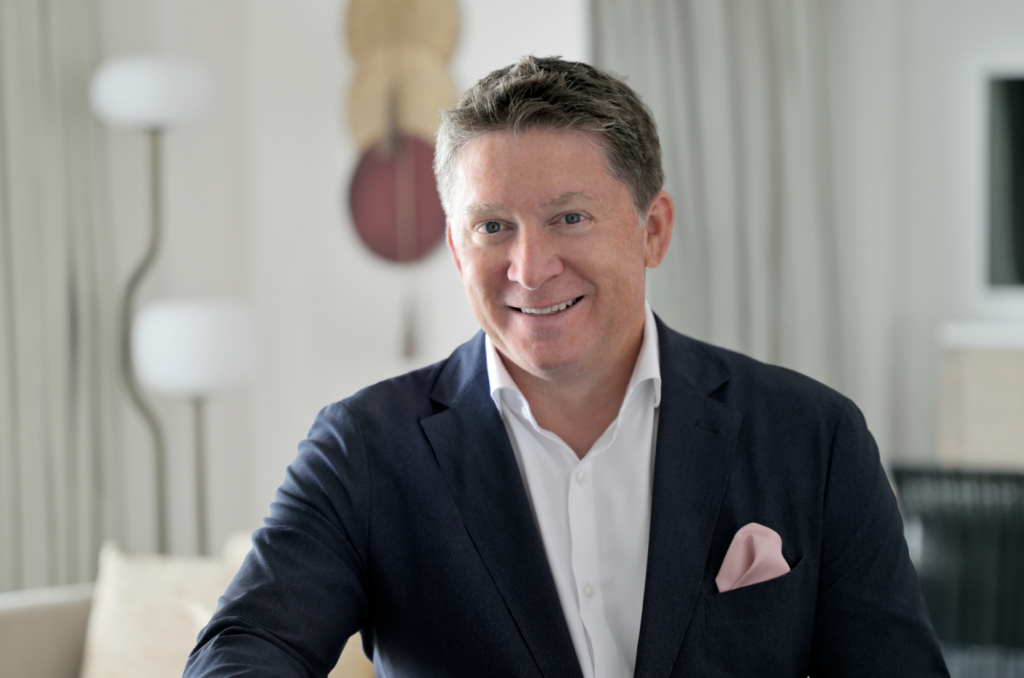
Zenith: Tell us a little about yourself and your role at Hotel Indigo Jabal Akhdar Resort & Spa.
James Reeves: I’m the General Manager for the project. I started this role in January 2022, when the building was still in its early stages—without glass, and with many design elements yet to be finalised. At that time, guest rooms, public areas, and the spa were incomplete, and the food and beverage spaces were still open.
What are you most looking forward to?
Now that we’ve opened, the most important thing we’re looking forward to is the guests’ reactions. The owners were very fortunate to win the tender for the project 10 years ago, as the location is unparalleled in Jebel Akhdar. In conversations with other General Managers on the mountain, the overall goal is to boost tourism in Jebel Akhdar and to do so as a community. I’ve also been working closely with local authorities, the municipality department, and the Ministry of Heritage and Tourism to explore ways to bring the destination to life. Our aim is to attract more visitors to Oman and enhance its appeal even further.

What inspired your vision for the hotel design, and how does it align with the overall philosophy of the brand?
Hotel Indigo is about integrating the neighbourhood into the hotel. It’s about avoiding a generic design that could be found anywhere in the world. Many hotel brands tend to be standardised, so customers know exactly what to expect. However, guests of Hotel Indigo seek experiences that immerse them in the destination. The philosophy behind our design starts with creating a unique neighbourhood story. The neighbourhood story in Jebel Akhdar is particularly unique. Unlike a Hotel Indigo in a city like Oxford, this is a true resort and the first Indigo design hotel resort in the world.
What we did first was create a neighbourhood story that extended to over 120 pages, serving as a blueprint for our designers to reimagine the product. Then we aimed to reimagine life on the Green Mountain, which is the motto we’ve embraced. It’s not your standard experience; you won’t feel like you’re in a typical destination property in Oman. It features elements of design and lifestyle, with distinctive Omani touches drawn from not only Jebel Akhdar but also Dhabia, Nizwa, and Bahla. When I first arrived, I purchased books and immersed myself in the destination to help bring it to life.

Have you incorporated any local aesthetics into the design? If so, how is that reflected?
It’s everywhere. Every single corner and everything we touched has layers to it. Every wall has been carefully treated, whether with wallpaper or a textured finish. Inside our guest rooms, we have printed wallpaper that depicts a cross-section of the mountain, which required considerable design effort. On the rooftop, there’s a mural spanning 25 metres long by 7 metres high, illustrating the story of Jebel Akhdar. We collaborated with an artist, and it took around four and a half months from selecting the artist to completion. We worked with the artist, sharing images of the flora and fauna of Jebel Akhdar to inspire the design.
We appreciated his drawing style and colour palette, which we incorporated into our design. We extended this theme to our food ruck, aiming to tell a story. The only vehicles that could reach Jebel Akhdar before the road was completed were Land Rovers. So, we located a 1983 Land Rover, had the back cut off, and, with special crane permission, transported it up the mountain to our altitude of 2,000 metres and lifted it five storeys onto the roof. We then built a kitchen around it to continue the story. To connect the mural from the interior to the exterior, we found a local artist to replicate the design on the dessert food truck. The entire Land Rover and kitchen are painted in the same theme, and the result is sensational.
Another example is in the guest rooms, which were designed by David de Kim of David T Kim Design. Jebel Akhdar is famous for its fossils; around 200 million years ago, it was on the seabed. The tectonic plates shifted, pushing the mountains up over a period of 800 years, and today, as you hike, you can find marine fossils, some quite large.

David wanted to incorporate a fossilised piece into the guest rooms and decided that petrified wood would be the best choice. Petrified wood comes from ancient petrified forests and is actually a fossilised tree that is 390 million years old. Every guest room features a solid piece of petrified wood as a side table. During the design process, the first mock-up turned out to be a bit too heavy at 150 kilos, so we had to reshape and recut it. It now weighs about 100 kilos.
We have even incorporated the theme into the bathroom amenities, such as body wash, shampoo, and moisturiser, which was no easy feat. We found a boutique perfume house called The Different Company, based in Paris. A perfumer named Bertrand Duchaufour created a unisex scent called Oud Chamash, specially tailored and modified for our resort, which can be smelled throughout the vicinity.
We have truly paid homage to the location, with 3,000 pieces of art throughout the building, showcasing the story of Jebel Akhdar. Each floor is dedicated to a different aspect of the local flora, such as pomegranates, indigo, saffron, and roses, with artwork representing these elements on each floor.

Who would you say is your target audience for the hotel, and what kind of bucket list experiences can they expect to have?
We focus on three main pillars:
- Spa Experience: We aim to redefine the spa experience on the Green Mountain by moving away from traditional treatments like Thai or Swedish massages. Instead, we partner with brands committed to local sustainability and supporting ethnic minorities. One such brand is Ila, known for its connection to these communities. Our treatments, such as the Kundalini massage and chakra well-being sessions, use products from these partners and emphasise traditional wellness practices. We offer a range of experiences including purifications, body wraps, a royal hammam journey, and therapeutic therapies.
- Adventure and Family Activities: We provide a range of adventure options and family-friendly activities to ensure an engaging and enjoyable stay.
- Food and Beverage Spaces: Our three well-designed dining venues add vibrancy and flavour to the experience, complementing the other elements of our resort.
Each of these pillars is crafted to enhance our guests’ connection to the local environment and culture.

What current trends and challenges is the hospitality industry in Oman facing at the moment, and how are you tackling them?
The Omani Ministry of Heritage and Tourism is making significant investments in the destination, with a strong focus on sustainability. Travellers increasingly seek out destinations that prioritise environmental responsibility. I am personally working with the Ministry of Tourism and the local municipality to initiate the certification process to ensure Jabal Akhdar is recognised as a sustainable destination. This is one of the key challenges we are addressing.
If you could offer one piece of advice to your younger self, what would it be?
Do exactly what you’ve done—don’t change a thing. Take opportunities as they come and continue learning from the best in the industry. I’ve been very fortunate to work with amazing hoteliers who took a chance on me. Early in my career, I was probably a bit green, but my tenacity and hard work helped me succeed.
